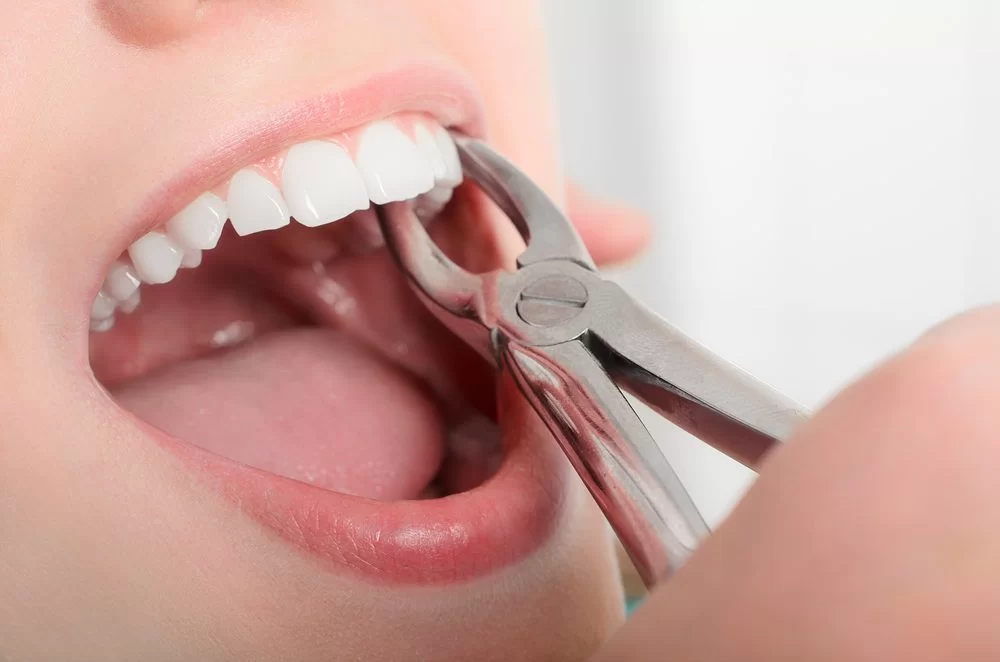Is it a good idea to remove wisdom teeth?

The third and final pair of molars we develop in our late teens or early adult years are called “wisdom teeth.” Wisdom teeth can erupt and remain in your mouth without any problems if your teeth are highly well-aligned and you have enough room in your mouth, but for many of us, that’s not the case. Some of the explanations why your San Francisco dentist might advise having your wisdom teeth extracted include the following:
- Damage can be done by overcrowding. Your wisdom teeth may come in horizontally, on top of other teeth, or slanted inward or outward if there is not enough space at the very back of your mouth for them to erupt correctly. The nerves or jawbone in the area may also be harmed as a result.
- Wisdom teeth that are partially erupted or are impacted risk infection and long-term harm. It is said to be affected when a tooth can’t fully erupt and instead remains encased in the soft tissue or jawbone. Around impacted teeth, a fluid sac may form around impacted teeth, and if it develops into a cyst, it may permanently harm the jaw and the teeth in the area.
Teeth that have partially erupted through the gums are teeth that do not have enough room to emerge fully. This may leave a gap that germs can pass through, leading to an illness. In some instances, a flap of gum tissue may form over the partially erupted tooth, trapping food and increasing the risk of infection. Teeth that have just partially erupted are also more challenging to keep clean, which increases their risk of dental decay and gum disease.
- It can be challenging to clean wisdom teeth that have fully erupted. These teeth can be challenging to effectively brush and floss due to their location in the very back of your mouth. Consequently, gum disease and tooth decay are more likely to occur.
- Orthodontic problems can result from wisdom teeth. Your wisdom teeth may erupt and push their way in, forcing your other teeth to move and make room, which could lead to new misalignment that wasn’t there before.
Symptoms That You Need Your Wisdom Teeth Removed
Your dentist will monitor the development of your wisdom teeth if you receive routine cleanings and exams and, if necessary, will discuss their removal with you. Here are some warning signals you should look out for and bring up with your dentist:
- You may get jaw or back of mouth pain.
- nasal problems
- the gums swelling
- infection or cysts








